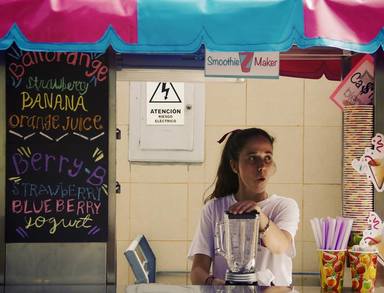
More than the experiences themselves, however, I feel it was how we choose to deal with the experiences that gave us a holistic understanding of who we are today. If it weren’t for all our feedback sessions, for instance, I would have probably never recognized the harm I was doing myself when taking on so much work at a time. I would have probably never been encouraged by a group of people to start saying no, to challenge others. And on top of that, would I have recognized that most of the things I had to work on came from an even bigger underlying fear of disappointing others? Were it not for the IA, I would have probably drifted through my last two years in high school with the goal of simply achieving good grades, but never stopping to think whether those grades reflected me becoming a better student or a better person.
So thank you for that, for giving me the time to really get to know myself and to recognize whether who I was aligned with the person I want to become.
The image of our first IA class still lives vividly in my mind. We were all sitting down on the floor, and Mr. Topf was talking about how money and grades act as extrinsic motivators for most people. He then made a point of asking us why some organizations are able to inspire and others are not. The answer lay in that people don’t buy what you do they buy why you do it, and those companies that are able to inspire had that why; they had a purpose.
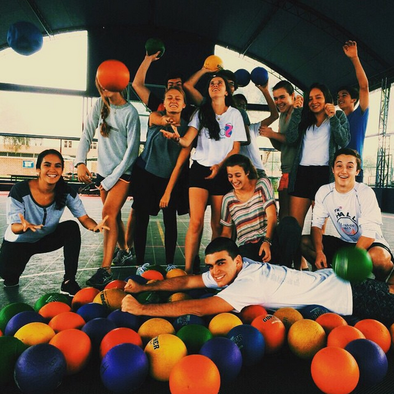
I think it’s fair to say that all thirteen of us - while being in the same program - have all had a completely distinct experience, and that’s because the autonomy we’ve been given has pushed us to take control of what we learn and how we choose to learn it. There’s been a lot of times where we’ve debated whether we have enough content in the IA, but as we go off to college, and we enter a world with less structure than we had in high school, I realize that more than content, it's important that we know how to deal with the uncertainties that life poses. And autonomy is often exactly that; it’s knowing how to take that uncertainty and mold it into an answer with reasoning.
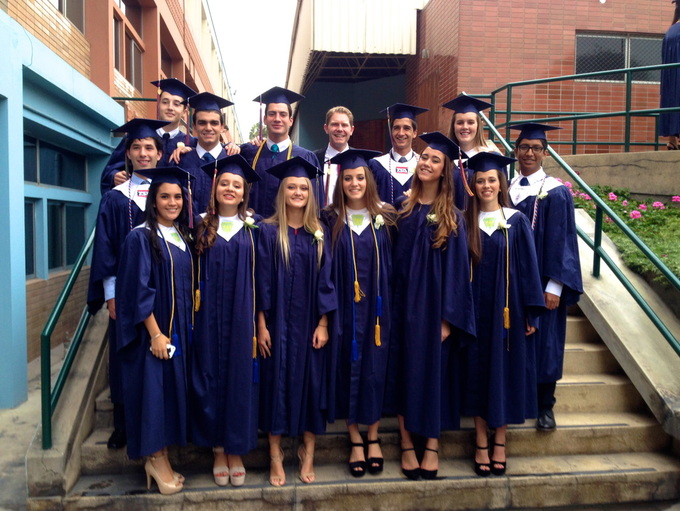
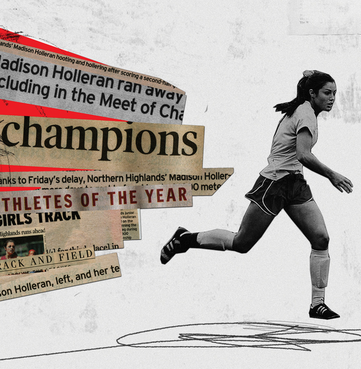





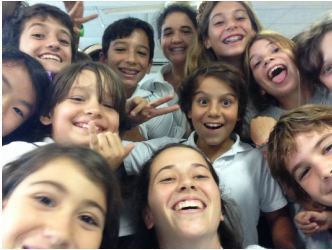
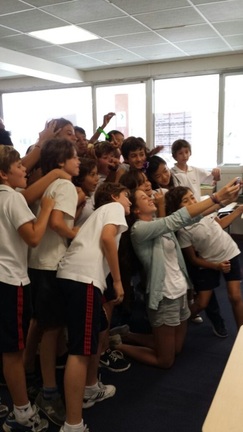
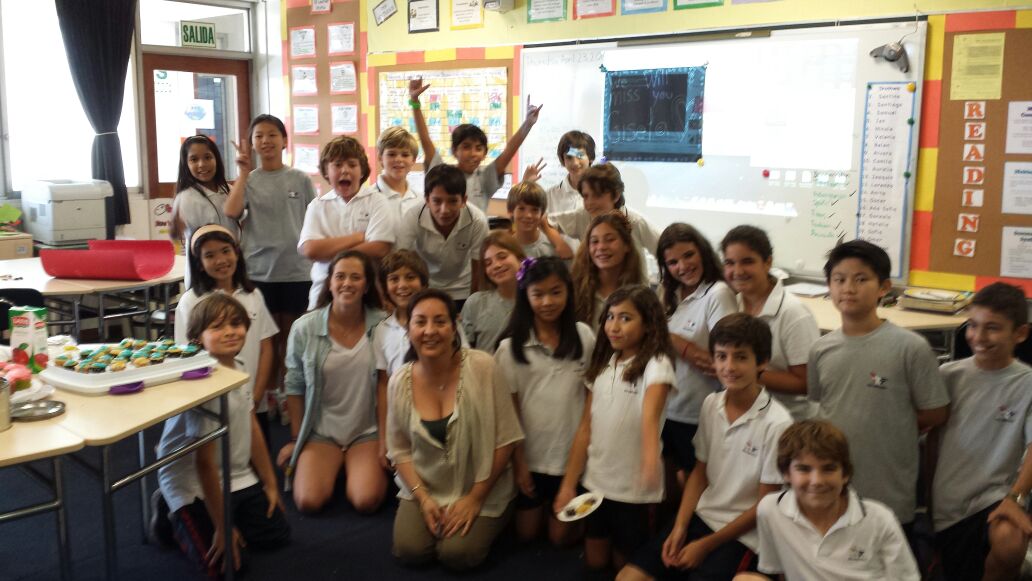

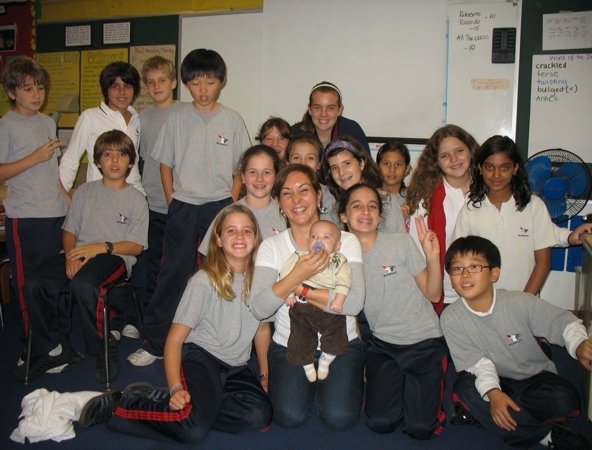
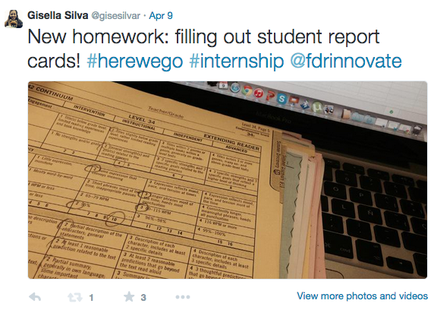
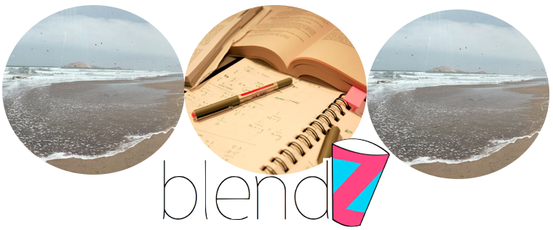
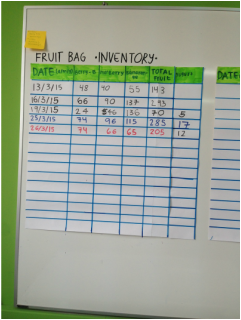
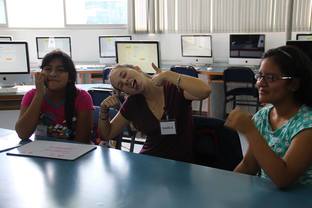
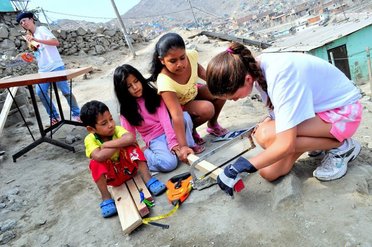
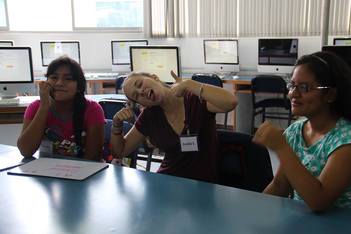
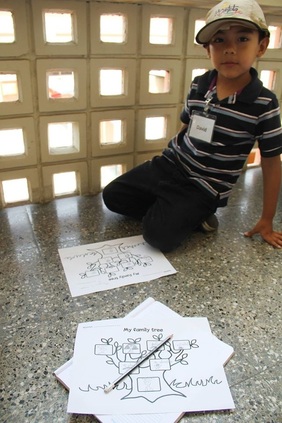
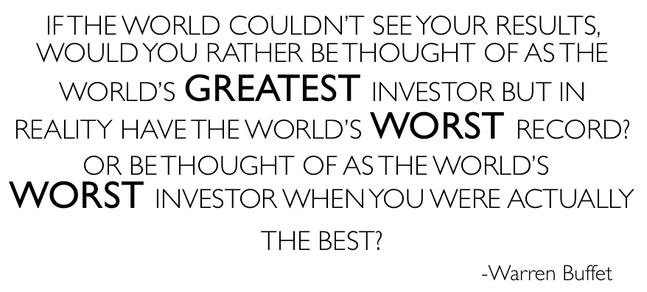



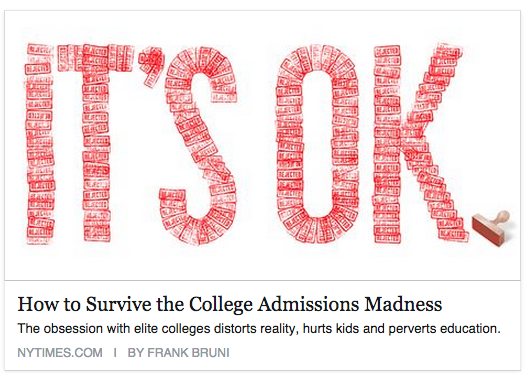





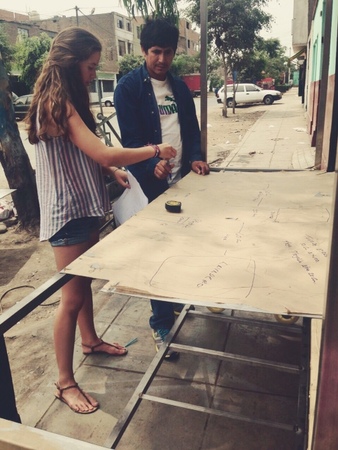
 RSS Feed
RSS Feed
